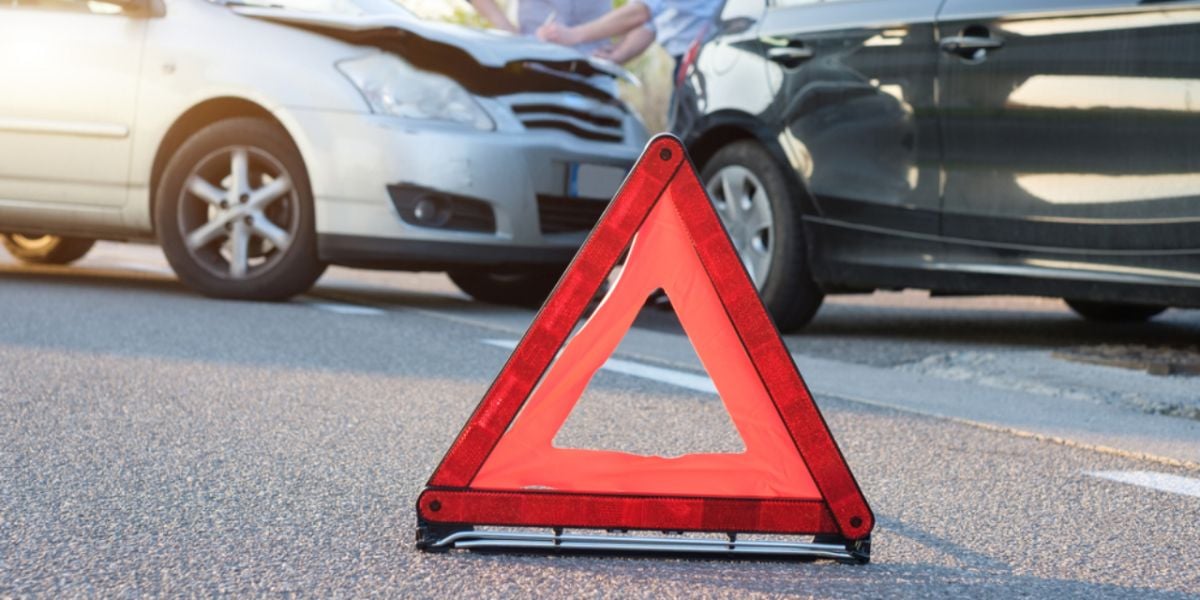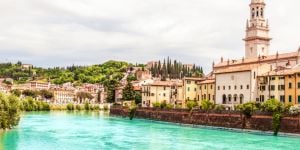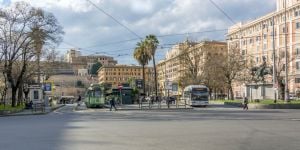
When relocating to Italy, apart from all the administrative formalities, knowing where to go and who to contact in case of emergency is essential. You are therefore advised to find out before arriving in the country. In this article, we provide tips for dealing with emergencies in Italy and a valuable list of numbers to call for first aid.
Where to go in Italy in case of a medical emergency
In the case of a health emergency in Italy, the most appropriate place to go is the emergency room of hospitals called Pronto Soccorso. Alternatively, you can go to the Guardia Medica, which are clinics dedicated to first aid and emergency diagnosis, where you can be consulted by general practitioners.
If the emergency involves an assault or a robbery, go to the nearest police station or call 113.
Emergency contacts in Italy
Here is a list of relevant numbers and websites in Italy according to the type of emergency:
Global (European) emergency number: 112
Medical emergency / Ambulance: 118
Continuità assistenziale: 116 117 (single national number to request non-emergency health assistance, services, or advice)
Fire services (Vigili del Fuoco): 115
National Police: 113
Guardia di Finanzia (Customs and Financial Police): 117
Forest fire services: 1515
Maritime Rescue: 1530
Emergency Services for Children: 114, www.114.it
Helpline for harassment and violence against women: 1522, www.1522.eu
Poison control centres: Istituto superiore di sanità
Civil protection: 06 68 201, www.protezionecivile.gov.it
Important:
112 is the global number in Europe for any emergency, whether it is a medical one or not.
How to request emergency services in Italy
In the case of a medical emergency in Italy, whether you are a resident or not, all services are accessible. They are usually free or affordable.
If you are an EU national and are urgently admitted to the hospital without being registered with the Italian health service (SSN), you will only need to present your European Health Insurance Card (EHIC). But in this case, you will have to pay for the treatment. If you have subscribed for international health insurance, you can be reimbursed afterwards, so remember to request your treatment details and the payment receipt.
If you have subscribed for private health insurance, find out what risks are covered.
If you are a resident in Italy, you also have access to the Italian health service: the SSN (Servizio Sanitario Nazionale). You will need to show your Tessera Sanitaria, which includes your Codice Fiscale.
Health insurance coverage in case of emergency in Italy
To be covered in case of an emergency in Italy, it is strongly advised to subscribe to international health insurance. If you need hospitalization or other health care services, make sure to collect all the documents issued, such as treatment sheets, payment receipts or invoices, etc. — this is an essential criterion for being refunded.
Resident expatriates who have access to the national health service and use national hospitals, GPs, or clinics will not have to pay (as in the case of GPs) or will be eligible for reimbursement. Public hospitals provide care under the Ministry of Health's LEA, Livelli Essenziali di Assistenza. If you request care that is not included in the LEA while you are admitted at the hospital, you will be responsible for it.
It is common for employers to provide private health insurance for expatriates working in Italy. Ask your employer about the extent of your health insurance coverage and whether it covers medical emergencies.
Post-emergency care in Italy
After you have been to the emergency room, or in the case of hospitalization, if your treatment requires you to take medication, the cost will be your responsibility. However, this cost depends on the region you are in and whether you are a "risk" patient. Indeed, you will only be asked to pay a small contribution to the cost of a drug, and this amount varies from region to region. In addition, some patients benefit from an esenzione del ticket. This means that if you suffer, for example, from a chronic or rare disease, are disabled, or are pregnant, you will be exempted from paying for the prescribed medicines. Of course, you will need a prescription from your doctor.
If you need a medical follow-up, you can do this directly with your GP or a doctor at the hospital you attended. The cost will depend on the care required, keeping in mind that a consultation with your GP is always free of charge.
Good to know:
The State provides for the payment of a "ticket" (the amount of which varies according to the region, generally 25€) for services provided by emergency rooms classified as "white" (non-emergency services, patients in a non-critical condition with the exception of trauma and acute poisoning) not followed by hospitalization. Patients belonging to certain categories (including minors under 14 years of age) are exempt from paying this ticket (see cases of esenzione del ticket above)
Useful links :
Directory of health structures in Italy
We do our best to provide accurate and up to date information. However, if you have noticed any inaccuracies in this article, please let us know in the comments section below.











